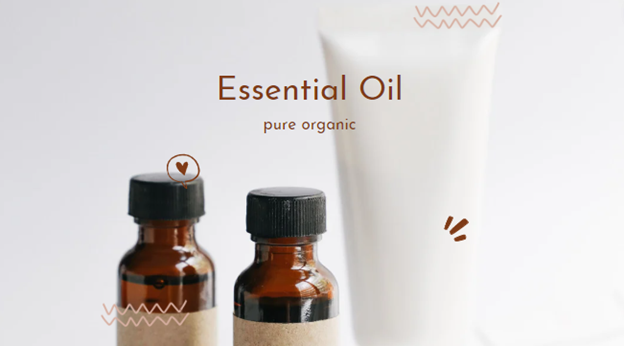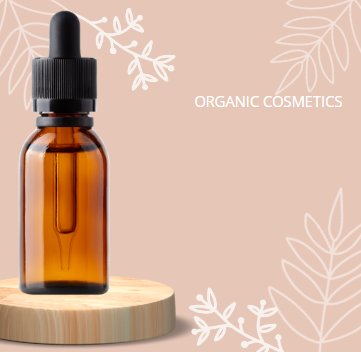Lip oil


Lip oil is a type of cosmetic product that is designed to hydrate and nourish the lips. It typically contains a blend of natural oils, such as jojoba oil, coconut oil, or argan oil, that are known for their moisturizing properties. Some lip oils may also include additional ingredients, such as vitamins or antioxidants, to provide additional benefits for the lips.
Lip oil is often used as an alternative to traditional lip balms, which can sometimes feel heavy or waxy on the lips. Lip oil is typically lightweight and non-greasy, and it can help to restore moisture to dry, chapped lips.
To use lip oil, simply apply a small amount to the lips using the applicator wand or your finger, and gently massage it in. Lip oil can be used throughout the day as needed to keep the lips moisturized and looking their best.

There are many different lip oil products available on the market, here are some examples:
- Farsáli Rose Gold Elixir Radiating Moisturizer: This lip oil is made with natural ingredients like rosehip seed oil and 24k gold flakes to help hydrate and nourish lips.
- Tarte Maracuja Juicy Lip: This vegan lip oil is made with maracuja oil, which is known for its hydrating properties, and comes in a range of shades.
- L’Occitane Moisturizing Lip Oil: This lip oil is made with a blend of vegetable oils, including apricot kernel, jojoba, and sunflower oils, and is designed to leave lips feeling soft and smooth.
- Milk Makeup Kush Lip Glaze: This lip oil is made with hemp-derived cannabis seed oil and is designed to provide long-lasting hydration and a glossy finish.
- Nars Orgasm Oil-Infused Lip Tint: This lip oil is made with raspberry seed oil and pomegranate extract and is designed to provide a hint of color and a glossy finish.
- Burt’s Bees 100% Natural Moisturizing Lip Oil: This lip oil is made with a blend of natural oils, including coconut and meadowfoam seed oils, and is designed to moisturize and soften lips.
- Sephora Collection Lip Oil: This lip oil is available in multiple shades and is made with a blend of oils, including jojoba and avocado oils, to nourish and hydrate lips.

The profit from lip oil would depend on a variety of factors, such as the cost of production, marketing and advertising expenses, packaging costs, and the retail price.
If the cost of production is kept low and the product is marketed effectively, there is potential for a significant profit margin. For example, a lip oil that is produced for $1 and sold for $10 would have a profit margin of 90%.
However, it is important to note that there may be competition in the market for lip oils, which could affect the profit margin. Additionally, other factors, such as consumer demand and economic conditions, could also impact the profitability of a lip oil product.

The success of a lip oil product can depend on a variety of factors, including the quality of the product, the effectiveness of the marketing strategy, and consumer demand. Here are some key factors that could contribute to the success of a lip oil:
High-quality ingredients: Consumers are often willing to pay more for products that use high-quality ingredients. If a lip oil contains nourishing oils that are known to be effective at moisturizing and hydrating the lips, this could increase the product’s appeal and lead to higher sales.
Attractive packaging: The packaging of a lip oil product can have a big impact on its success. If the packaging is attractive and eye-catching, this could draw consumers in and make them more likely to purchase the product.
Effective marketing strategy: A well-designed marketing strategy can help to build brand awareness and generate interest in a lip oil product. This might include social media campaigns, influencer marketing, or other forms of advertising.
Positive customer reviews: Word of mouth can be a powerful marketing tool, and positive customer reviews can help to build trust in a lip oil product. If customers have positive experiences with a lip oil and leave favorable reviews online, this could help to drive sales and increase the product’s success.
Competitive pricing: While high-quality ingredients and attractive packaging can help to increase the appeal of a lip oil product, pricing is also an important factor. If a lip oil is priced competitively compared to other similar products on the market, this could help to attract price-sensitive consumers and increase sales.

